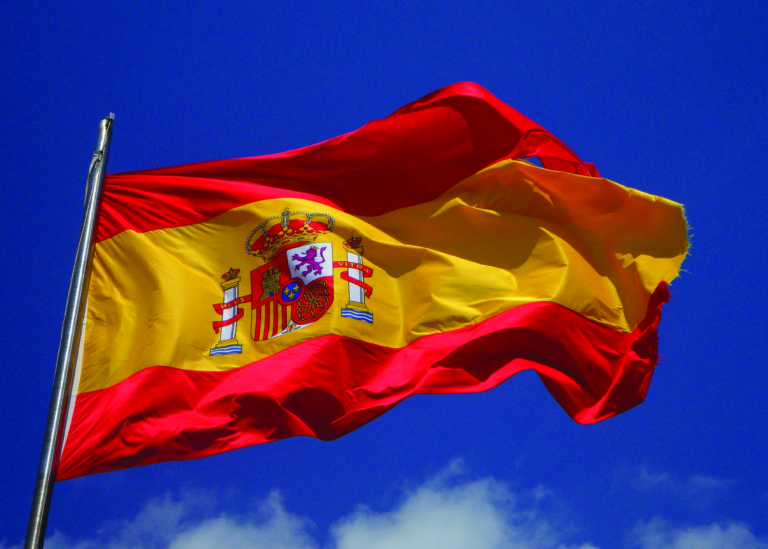By Zacchaeus Allen, Contributing Writer
Catalonia, the northeastern region of Spain, has a unique language and culture from the rest of the country, and this has long produced activists who sought to break away from Spain and create a monoculture state founded on the “Basque” identity.
Currently, the regional government of the Spanish province is dominated by pro-separatists, led by President Carle Puigdemont. Responding to what it believed to be the will of the people, the Catalan government planned a referendum for Oct. 1 to decide whether or not to leave Spain.
According to the LA Times, the highest court in Spain ruled the act of holding the referendum to be unconstitutional, citing the need for a majority vote in the national parliament to ratify the decision for a region to leave. The vote was held nonetheless, and federal police were sent to Catalonia to forcibly stop people from casting ballots, the LA Times reported. Conflicts between voters and police broke out and over 900 people were injured from the violence, reported Fox News.
Despite efforts from the police, the referendum continued and the results showed that 90 percent supported an independent Catalonia. Claims that the results are accurate cannot be upheld because the turnout was low; less than half of eligible voters in the Catalonian region went to the polls that day.
President Puigdemont used the results of the referendum to justify signing a formal declaration of independence from Spain, but froze it from taking effect soon after, reported the BBC. His stated goal in freezing the document was to allow time to negotiate with the Spanish government. The Prime Minister of Spain, Mariano Rajoy, responded by initiating Article 155 of the constitution, which gives the national government power to override the authority of a regional government.
According to the Spain Report, Prime Minister Rajoy gave an ultimatum threatening to fully implement Article 155 and suspend Catalonia’s home rule if Puigdemont did not recant his declaration for independence. President Puigdemont sent a letter in response accusing the Spanish government of injustices against the Catalan people and proposing a two-month period for talks, but included no definite response.
The uncertainty created caused many businesses in the region to lose faith in the security of their location and move to other parts of Spain. Uncertainty in the region has also led to a significant decline in tourism. According to The Local, the number of visitors to Catalonia has decreased by 15 percent. By becoming an independent nation, Catalonia would not have a place in the European Union and would have to negotiate trade deals. Many Catalan people have realized the disadvantages of cessation and, according to reports by CNN, between 250,000 and 400,000 people assembled in the Catalonian capital city Barcelona to protest against leaving Spain.
Support for separatists has been fueled by the central government’s detainment of two pro-independence organization leaders, Jordi Sánchez and Jordi Cuixart. The men, according to reports from Reuters, were charged with sedition after organizing protests in which independence supporters locked federal police in a building in Barcelona and vandalized their cars. The leaders’ imprisonment has caused outrage among the pro-independence population of Catalonia and, according to the BBC, tens of thousands of people came to Barcelona for a candlelit protest. President Puigdemont also called for the release of the two men in his letter to the Prime Minister. The prisoners released video messages telling their supporters to continue peaceful demonstration.
Photo courtesy of Pixabay




